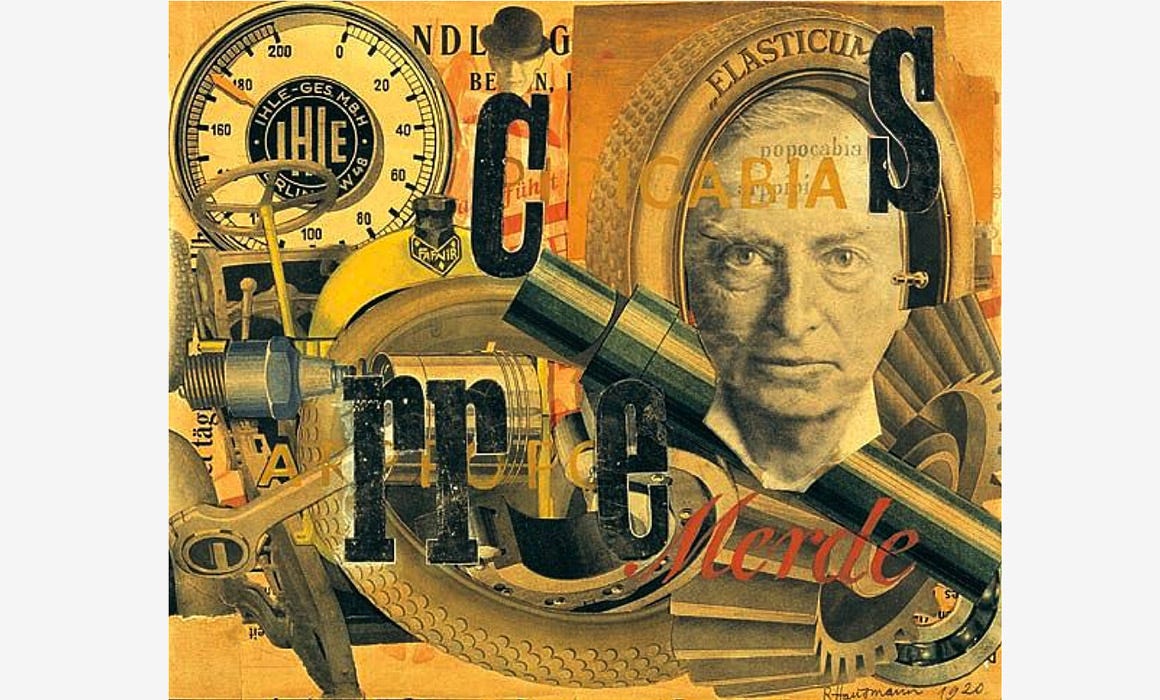I am filled with a deep reluctance against every form of cultural criticism. It only increases the closer it gets to my own sphere. I cannot tolerate it when it comes off as entirely cold and righteous. An example of this in modern English literature is Eliot, whose essays on poetry I occasionally encountered. I don’t quite understand why they so quickly give rise to pointed revulsion within me. And yet I still feel it, even after one or two pages, and with mounting disgust, attentive to every word that increases it, I read to the end what I should put down, and for days afterward I feel as if I am in an ancient and awful torture chamber.
Keep reading with a 7-day free trial
Subscribe to Book Post to keep reading this post and get 7 days of free access to the full post archives.



